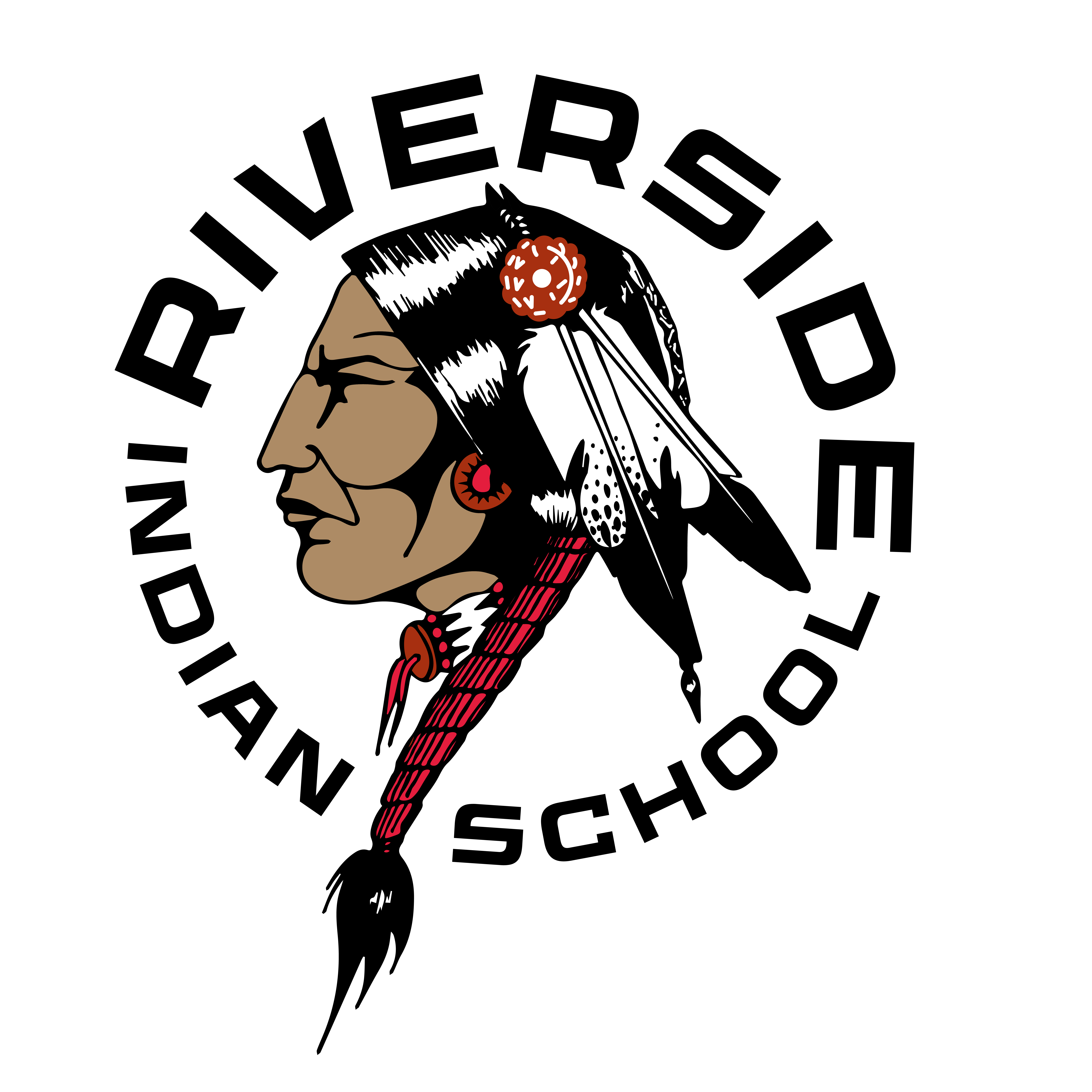Navigating College Applications and Scholarships
Announcements

Applying to college and securing financial support is essential for students pursuing higher education. Success depends on a solid understanding of the application process and financial aid options. Students can effectively manage their educational journey from application to funding by starting early and using available resources.
Preparing for College Applications
Preparation is key to successful college applications. The U.S. Department of Education’s Federal Student Aid Office emphasizes the importance of staying organized and following a structured approach:
- Research Potential Schools: List institutions that align with your academic interests, career goals, and personal preferences. Review each school's application requirements and deadlines to stay on track.
- Prepare for Standardized Tests: Register early for required standardized tests, like the SAT or ACT, and give yourself plenty of preparation time.
- Gather Application Materials: Collect transcripts, letters of recommendation, and personal essays in advance to avoid last-minute stress.
- Complete the FAFSA: The Free Application for Federal Student Aid is critical for determining eligibility for federal grants, loans, and work-study programs. It’s also a requirement for many scholarships. The Federal Student Aid website offers detailed guidance and tools to help ensure timely and accurate submission.
Many colleges offer valuable resources to support students during the application process, and the Southwestern Indian Polytechnic Institute and Haskell Indian Nations University are prime examples. As Bureau of Indian Education institutions, they serve Native American students with culturally relevant academic and career-focused programs. SIPI provides a structured admissions framework that includes placement testing, FAFSA assistance and orientation programs to help students transition into college life. Haskell offers personalized guidance through its Admissions Office, ensuring students stay on track with application requirements and deadlines.
Exploring Financial Aid Options
Reducing college expenses starts with understanding the various types of financial aid available. The FSA website offers detailed information and a quick video that explains the different types of aid available:
- Grants: Need-based funds that do not require repayment. Key federal grants include:
- Federal Pell Grants: For low-income undergraduate students.
- Federal Supplemental Educational Opportunity Grants: For students with exceptional financial need.
- Teacher Education Assistance for College and Higher Education Grants: For students pursuing teaching careers in high-need fields.
- Scholarships: Merit-based awards that do not require repayment. These can be offered by federal and state governments, colleges, and private organizations and may be based on academic achievement, athletic ability, or other criteria. The U.S. Department of Labor’s CareerOneStop website offers a scholarship search tool that helps students find scholarships, grants, and fellowship opportunities.
- Scholarships for Native American Students: Many organizations, foundations, and government agencies offer scholarships specifically for Native American students. The Bureau of Indian Education provides a resource page with scholarships and internships to support Indigenous students in higher education. SIPI connects students with scholarships like the American Indian College Fund-Full Circle Scholarship and the American Indian Student Services Scholarship, covering expenses such as tuition, books, and childcare. Similarly, Haskell offers scholarships like the First-Generation and Hometown Hero Scholarships, helping students achieve their academic goals.
- Federal Student Loans: If additional funding is needed, federal loans offer lower interest rates and flexible repayment terms compared to private loans.
- Work-Study Programs: Part-time jobs allow students with financial needs to earn funds while gaining work experience relevant to their field of study.
The college application process and securing financial aid require persistence, attention to deadlines, and a proactive approach. Institutions like SIPI and Haskell demonstrate the critical role schools can play in supporting students through these challenges, ensuring they are equipped to succeed in their pursuit of higher education.



